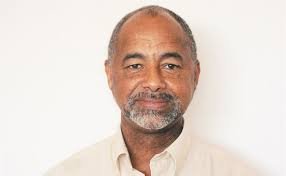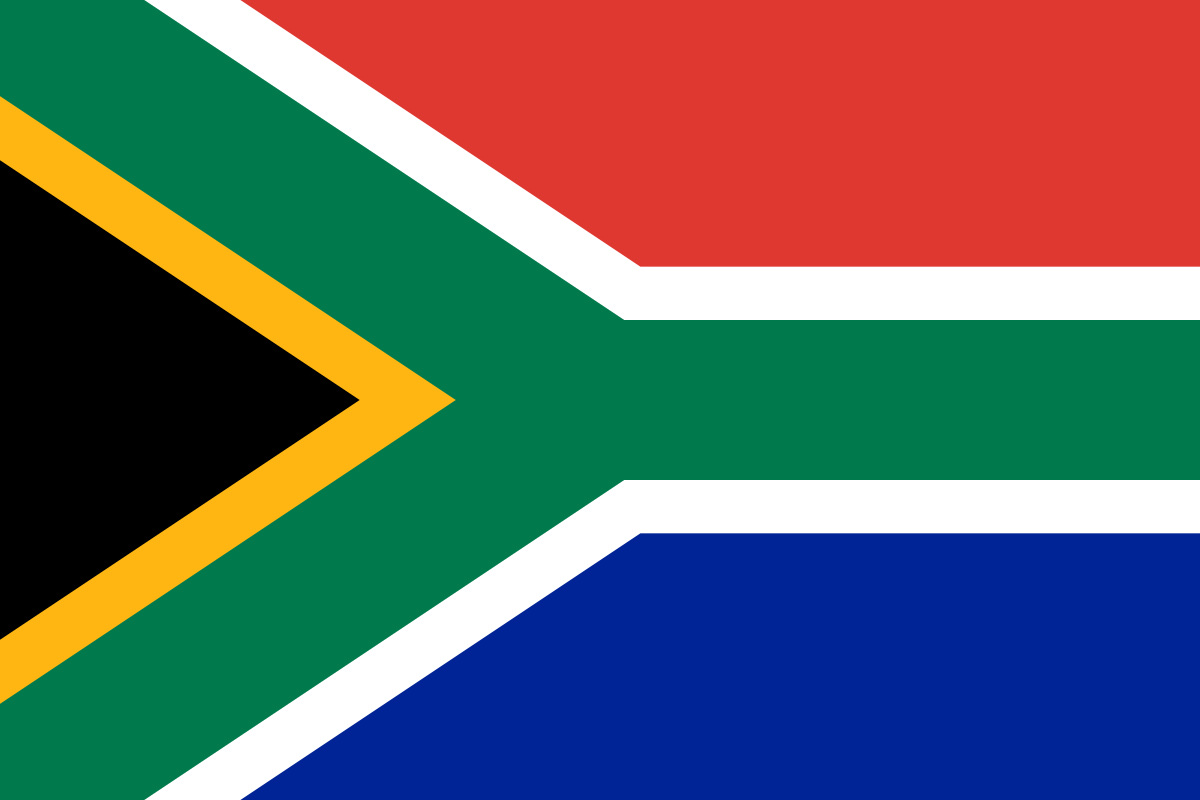As the sun paints the South African sky on April 8, the whispers of the past echo in the air. Like many threads woven into the nation’s vibrant tapestry, this date holds stories waiting to be unearthed. We embark on a journey of exploration, delving into the triumphs, tragedies, and turning points that mark April 8 in South Africa’s history.

2010: Infant hominid discovered at Cradle of Humankind
Professor Lee Berger and his son Matthew Berger (9 years) stumbled across a new species of hominid, Australopithecus sediba, estimated to be 2 million years while looking for fossils at the Cradle of Humankind. The find was announced on 8 April 2010 at Maropeng, at a function attended by Deputy President Kgalema Motlanthe and other Government Ministers. Professor Berger, a renowned paleoanthropologist (a scientist who studies human fossils, and the evolution of modern man) from the University of Witwatersrand and his son discovered the fossils at the Malapa Cave site in August 2008. The find may tell us about the where and how of human evolution. The fossils of an adult female and a juvenile are a completely new species of hominids or human like ancestral creatures unveiled for the first time.
1998: Trans-Kalahari main road is opened
The Trans-Kalahari main road opened, connecting Maputo in Mozambique to Walvis Bay in Namibia via South Africa and Botswana, becoming the first road in Africa south of the Sahara to link the Atlantic and Indian Ocean.
1991: The peace talks between the African National Congress (ANC) and the Inkatha Freedom Party (IFP) are called off
The peace talks between the African National Congress (ANC) and the Inkatha Freedom Party (IFP) were called off as a result of the ANC’s ultimatum sent to State President F.W. de Kerk. In the ultimatum, the ANC demanded that De Klerk stop aiding and abetting the IFP in the ongoing feud with the ANC and its alliance partners, the United Democratic Front (UDF) and the Congress of South African Trade Unions (COSATU). The ANC’s accusations that the IFP is working with the security forces to kill ANC members infuriated IFP leader Mangosuthu Buthelezi once more. Buthelezi accused the ANC of putting the country on the brink of civil war and of aiming to wreck the negotiation process, setting the stage for an attempt to seize power. By the end of 1991 and well into the following these issues remained unresolved. In June 1992 tensions between the ANC and its alliance partners on the one hand and the IFP and the apartheid government on the other escalated into a crisis when the IFP supporters attacked residents of an informal settlement in Boipatong, south of Johannesburg. In the attack 40 people were murdered and scores injured. The informal settlement, known unofficially as Joe Slovo, was considered to be one of the ANC’s strongholds in the Vaal.
1954: Vincent Oliphant is born
Vincent Oliphant, a South African poet, mathematician, and educationist, was born in 1954. His first book of personal poems, “Bloed vloei in stilte,” was published in 1981. He received the second prize in a poetry competition held by Concept in 1995 and was invited to take part in the annual Poetry International Festival in Rotterdam the following year. In 1998, his second book of poetry, “Die sagte vlees,” was published, which included socio-political and personal poems.
1602: Dutch East Indian Company, pioneer in the expansion of European settlement in South Africa is formed
The Dutch East India Company (VOC) was established in 1602 by seventy-three directors of smaller trading companies. It was granted a 21 year monopoly by the States-General of the Netherlands to carry out colonial activities in Asia. The company developed their foothold in Indonesia, Malaya, and Ceylon. The Cape colony remained a Dutch Dutch East India Company possession until the first British occupation of the Cape in 1795. The company dissolved on 31 December 1799.



